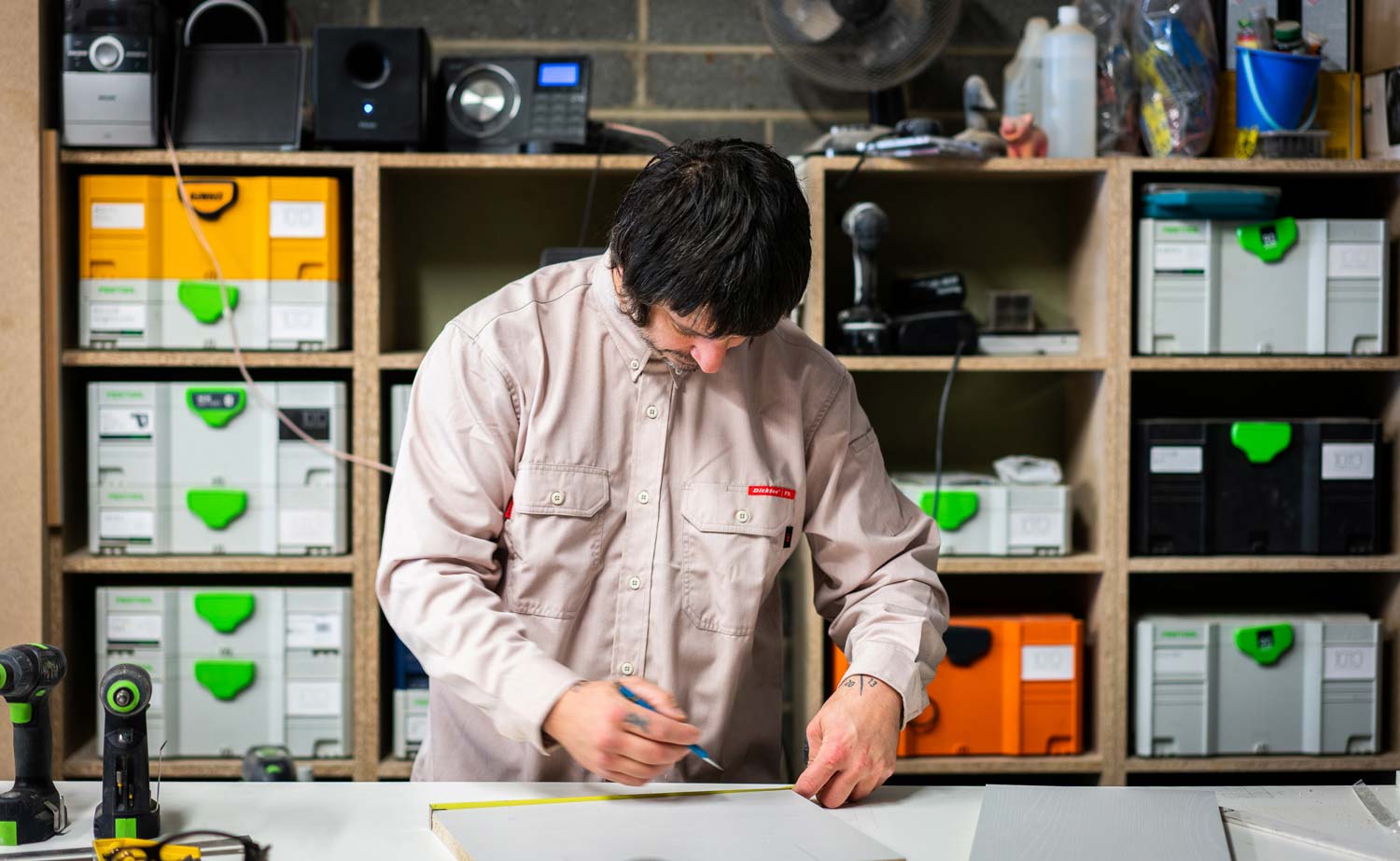Working as a sole trader in the trades
Reading time: 4 minutes
As a sole trader, you’re running a business, and you need to treat it that way. You’ll be responsible for keeping track of all the money coming in and out of your business. Here’s what you need to know...
Dealing with admin
作为唯一的商人,你负责管理资金。
- Keep detailed records-There are apps out there that can help you to record expenses, including purchases and mileage. You can offset purchases against profits, reducing your tax bill.
- Track hours- If you work on a daily or hourly rate you’ll need to log the hours you work and use them to issue invoices. You can find programmes online that can help or just jot them down in a spreadsheet or book.
- Produce quotes and invoices- Invoices will need to have details about you, your address and bank account. You can create invoices using a simple package such as Word or use a specialist accounting programme or app to do it for you.
- Start saving- During the year, you’ll need to ensure you have enough money set aside to pay all tax due when you need to. Many sole traders open a separate savings account and put aside a proportion of their take-home pay (10% - 20% is about right).
It’s crucial that you keep your records up to date and accurate because HMRC has the right to audit you if they want to. You’ll need to keep your records and receipts safe for up to seven years.
Register to get leads
Customers are posting jobs in your area, handpick the leads you like and only pay for what you need.Find out more.
Prepare for paying your taxes
As a sole trader, you’ll be responsible for paying your taxes every year. Here’s what you’re legally required to do:
- File a self-assessment tax return-你可以自己在网上做,也可以找个会计帮你做。如果你请的是会计师,你需要为他们的服务每年支付150 - 250英镑。截止日期通常是1月底。Find out more about self-assessment tax.
- Pay Income Tax on your profits- Any cash left over is yours to keep.
- Pay Class 2 and Class 4 National Insurance contributions-重要的是你支付你的NI贡献,以确保你在退休时获得国家养老金。你可以通过自我评估税来做到这一点。
- Check for CIS- Your employer may be part of the Construction Industry Scheme (CIS). If they are, they will deduct cash from your pay packet to go towards your tax and national insurance contributions. Make sure you know what the deal is with your employer.Find out more about CIS in our dedicated guide.
- VAT Registration-If you make more than £85,000 in a 12-month period, you’ll need to register for VAT. Once registered for VAT you’ll have to add 20% on top of all invoices and file quarterly returns.
HMRC operate strict deadlines, and you’ll need to pay on time or expect a hefty fine and perhaps some unwanted attention for your business.

Basic benefits
As a sole trader, you are essentially the employer and employee, meaning you won’t get the same benefits a typical employee gets, even if you work as a subcontractor for someone else. That means no holiday pay, sick pay or other benefits that full-time employees get.
On the plus side, you’ll earn more charging a day-rate which should be much higher than typical take-home pay. The expectation is that you’ll save up enough cash to enable you to take time off or to tide you over if you can’t work for some reason.
You may also need to invest in some specific types of insurance, including:
- Public Liability Insurance
- Professional Indemnity Insurance
- Personal Accident Cover
- Employers’ Liability Insurance
Some sole traders invest in income protection insurance that will continue to pay you if you can’t work. You’ll need to pay a monthly premium and wait a few months, but if you’re injured or have a medical issue that means you can’t work, you’ll get a proportion of your monthly salary for a fixed period.
Life as a sole trader is a lot more complicated than just working for someone else and getting a pay cheque every month, but the flexibility it offers means it’s a great way for tradespeople to operate - and if it works for millions of others, it can definitely work for you.



